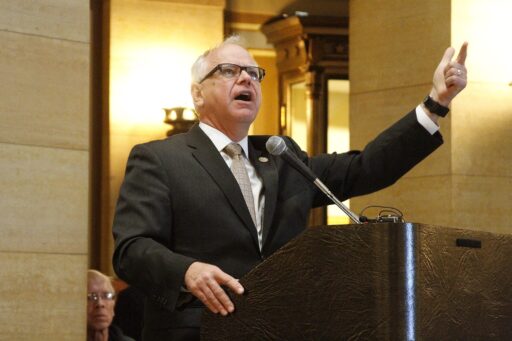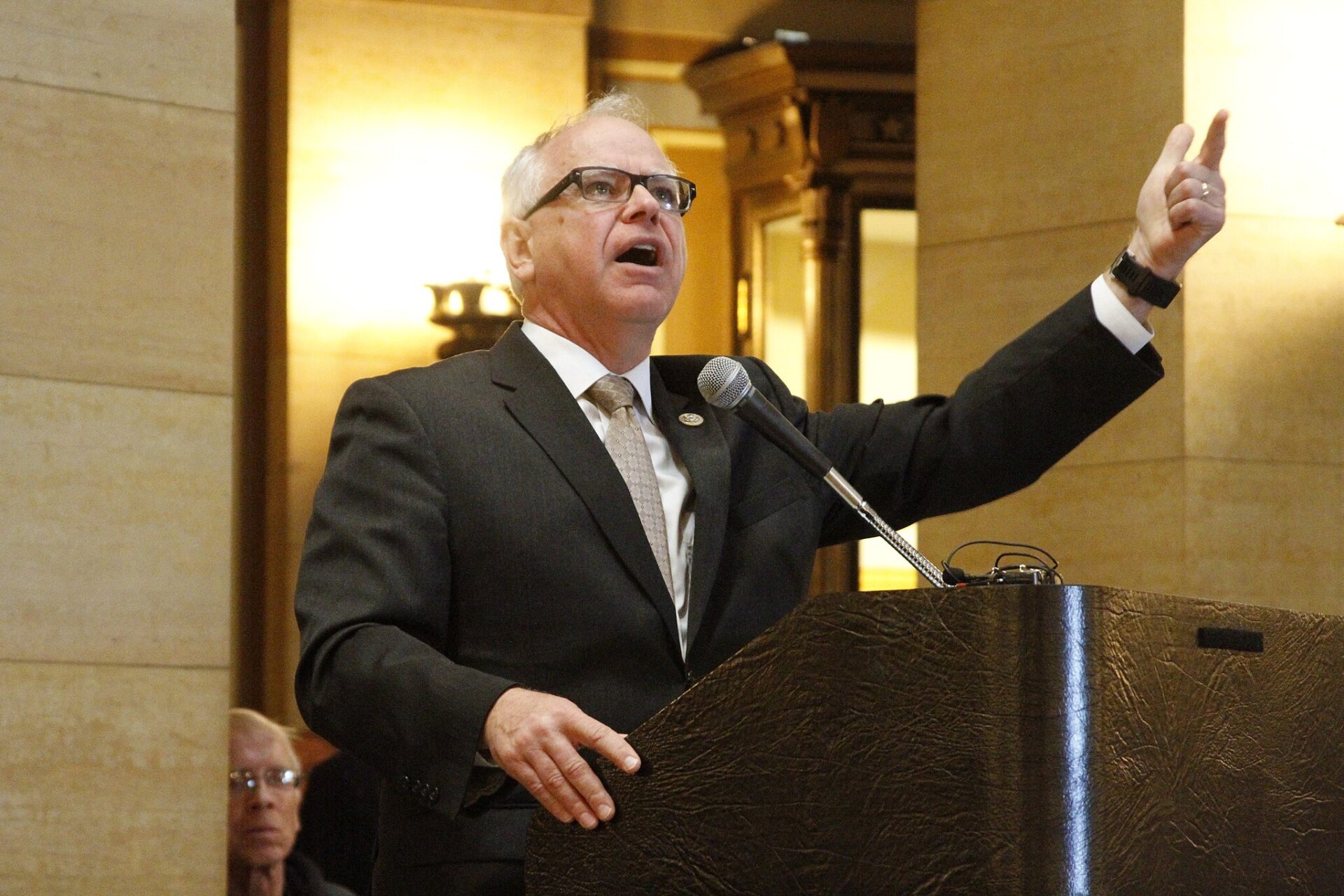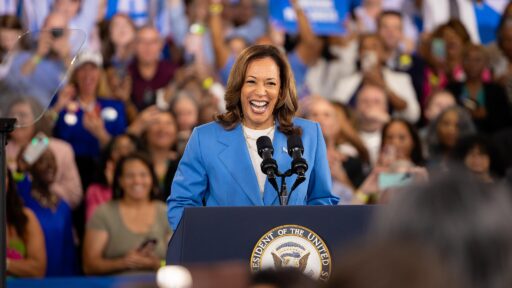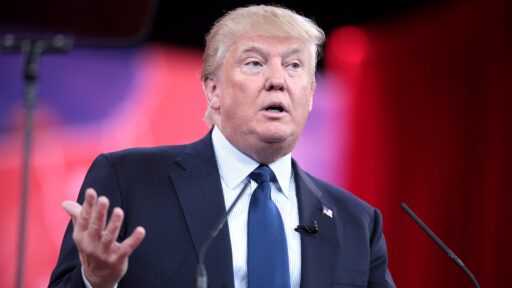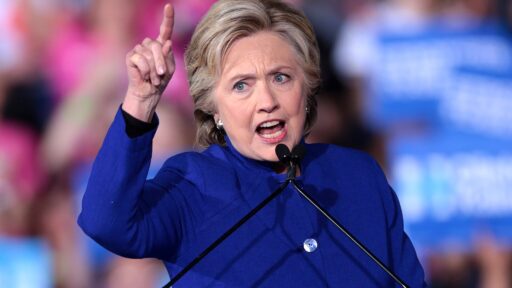DOJ Playing Tricky Game To Get Trump
U.S. prosecutors pursuing the case against former President Donald Trump over the 2020 election are treading carefully to avoid undermining the authority of President Joe Biden or future occupants of the White House.
The Justice Department has historically upheld the rights and powers of the executive branch, as evidenced by its defense of President Biden’s Republican predecessor in various civil suits related to his presidential conduct. Despite this, the current administration is charting a new course as it moves forward with a criminal prosecution against Trump.
The revised indictment, crafted by Special Counsel Jack Smith, seeks to address the Supreme Court’s ruling that former presidents enjoy a significant degree of immunity from criminal prosecution for actions taken while in office. Smith argues that Trump’s alleged efforts to overturn the 2020 election were primarily those of a candidate rather than a sitting president.
Trump has pleaded not guilty to multiple charges accusing him of a complex conspiracy to obstruct the certification of the election results. He maintains that these legal battles are politically motivated attempts to thwart his return to the presidency.
The Supreme Court’s recent ruling, which includes three justices appointed by Trump, has forced the Justice Department to navigate delicate issues regarding presidential authority, with implications extending beyond Trump’s case. Legal experts, like Peter Keisler, a former head of the Justice Department’s civil division, note the potential conflict between maintaining a broad interpretation of presidential actions and addressing the specifics of the indictment.
Michael Dreeben, a lawyer with Smith’s team, acknowledged the department’s traditionally expansive view of presidential actions. During Biden’s tenure, the department defended Trump in various lawsuits, including those related to the firing of FBI officials and the controversial clearing of protesters outside the White House. Initially, it also supported Trump in a defamation case brought by E. Jean Carroll but later reversed this stance after Trump was ordered to pay over $88 million.
Even as the department investigates Trump, it has handled sensitive matters with caution, such as when Trump claimed civil immunity for his role in the January 6, 2021, Capitol attack. The department argued against this immunity but emphasized the need to carefully consider the demands of the presidency in such contexts.
The Supreme Court’s standard for criminal immunity stems from a long-standing precedent that protects presidents from civil suits related to their official duties. In the election case, it will be up to U.S. District Judge Tanya Chutkan to determine which of Trump’s actions are shielded by immunity and which can proceed to trial. Any ruling is likely to be appealed, potentially delaying a trial until after the November 5 election, where Trump is set to face Vice President Kamala Harris.
The revised indictment underscores Trump’s interactions with private attorneys and campaign officials, distinguishing them from his administration’s actions. It portrays Trump’s speech to his supporters before the Capitol attack as a campaign event and emphasizes the dual roles of then-Vice President Mike Pence, who was pressured by Trump to impede the certification of the vote.
In another example of the department’s cautious approach, it declined to shield Republican Representative Mo Brooks from a lawsuit related to his speech at the January 6 rally, citing the activity as campaign-related rather than official.


